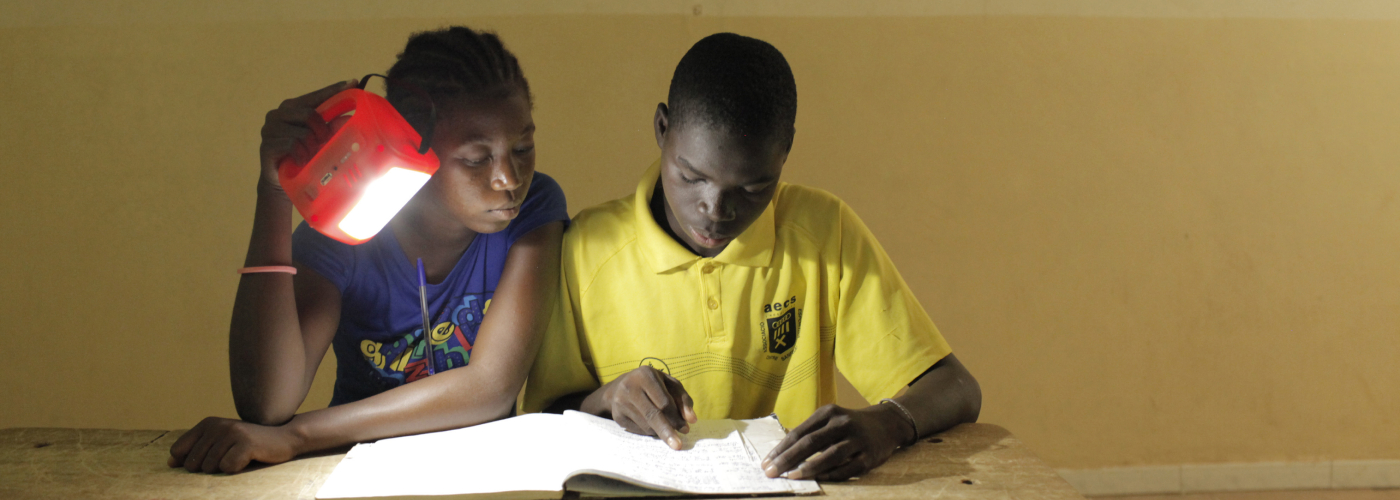The overall objective of this independent research project is to examine how policy and practice may enhance women’s empowerment though electrification in rural areas in the South. We consider women’s empowerment as a process towards gender equality, hence a concept that requires analytic attention to women, men, girls and boys. We divide the work into four sub-tasks which focus on i) the impact of electricity access on women and girls, ii) the impact of women’s involvement in supply, iii) the relationship between women’s empowerment and different types of access (grid vs decentralised systems) and iv) how empowerment in the realm of electrification may be conceptualised and measured. The results gained from each of these sub-tasks will be used to provide policy recommendations. Empirical material will be collected in rural Kenya, India and Nepal where a large share of the population lacks access to electricity.
The scoping study comprises a desk study of policies and the general literature on gender and electricity, and outlines the methodology to be used in the subsequent empirical research. The desk study is divided into two parts; the first consists of a policy review of how gender elements are integrated into electricity policies and practices, focusing primarily on the selected countries for empirical research, Kenya, India and Nepal, and also on the role of international actors and discourses. The second part reviews the general literature on the impact of electrification on women’s empowerment and develops a framework for measuring empowerment in this realm. We also account for electricity’s effect on girls and boys in terms of study time and school enrolment.







